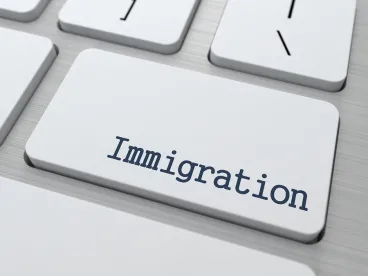In six months, on July 17, 2017, the Department of Homeland Security’s final rule to improve the nation’s economy by making it possible for certain promising start-up founders/entrepreneurs to begin growing their companies in the United States will become effective.
The new rule amends the regulations on discretionary parole by adding provisions that will allow the use of parole on a case-by-case basis for entrepreneurs who can “demonstrate through evidence of substantial and demonstrated potential for rapid business growth and job creation that they would provide a significant public benefit to the United States.” The additional regulation will be at 8 CFR 212.19.
The “entrepreneur” parole will be for an initial 30-month period with the possibility of a second 30-month extension. The entrepreneur will have work authorization incident to his or her parole status. Upon a successful application, dependents also will be granted parole, but spouses would have to apply for work authorization after entry in the United States.
The eligibility criteria for the initial parole include:
-
An applicant must possess a substantial ownership interest (at least 10%) in the start-up entity;
-
An applicant must have an active and central role in the operations and future growth of the entity and cannot be a “mere investor”;
-
An applicant who is lawfully admitted to the U.S. in another status may apply for parole, but will need to leave the U.S. and apply for admission to activate that parole;
-
The entity must have been created “recently” – no more than 5 years prior to the application;
-
The entity must prove it has significant investment from qualified and established U.S. investors (at least $250,000) or the receipt of significant awards or grants from federal, state, or local government entities (at least $100,000). If the start-up partially meets only one of these requirements, the applicant may provide additional compelling evidence of its potential.
A new Form I-941 has been created for the Application for Entrepreneur Parole. President Barack Obama chose to pursue this new rule when attempts at legislation proved impossible. Although Congress is planning to undo a number of Obama Administration rules and President Donald Trump has been critical of the H-1B program. Trump also has said that he would like to “select immigrants based on their likelihood of success in U.S. society and ability to be financially self-sufficient.”
The new entrepreneur rule may be just that sort of selection process.




 />i
/>i

